Have To Must Should Difference
It indicates the exigency of an act.

Have to must should difference. Home > English Grammar > Difference between must and have to. You shouldn’t drink cold water. = I think doing my homework is the right thing to do.
It will make your English much richer and full of meaning. John must explain this if he wants his students to succeed. I should do my homework.
We use the word ‘must’ to show the indispensability of something. While must is a modal verb, have to is a semi-modal verb, in the sense that as a modal. Should = used for give advice (not as strong as the words above);.
Must, have to, should, ought to 1. Al has to work tomorrow so he can't come. Must = used for strong advice, obligation, and rules;.
We use should to suggest something. There is a slight difference between the way we use them. Have to = used for strong advice, obligations, and rules;.
They can be used interchangeably in the present. Updated Jul 27, 10. Have to shows us that the obligation comes from outside the speaker.
The negative form of 'have to' expresses the idea that something is not required. If you feel bad you should go to the doctor También se utiliza para dar una. Regarding the meaning, sometimes there is little difference between have to and must.
Quelle est la différence entre SHOULD/ HAVE TO et MUST?. The probability of “must” is much more than that of “should.” For instance:. The main difference between must and have to can be the emotional context.
Must, have to and have got to:. Mus t and have to are both used for obligation and are often quite similar. This is a one way street.
Tiene menos fuerza impositiva que "must" y que "have to". Difference between must and have to. Introduce the grammar by having the students take a look at the grammar sheet below.
You use should to give advice or express your opinion. Both must and have to can be used to express the conclusion that something is certain.Note that have to is more common in American English. Posted by Manjusha You are here:.
Remember that must and have to can be used to talk about obligations. Let’s look at these 2 example sentences:. Have / Has to expresses general obligations.
I have to do my homework. • Must expressa os sentimentos do locutor, enquanto have to expressa, sobretudo, uma ideia impessoal:. His car is here.
Both modal verbs can be used when talking about obligation. - The ground was wet this morning. (OR He has to be mad to do this.) You must be joking.
Must mustn't had to a) must b) mustn't c) had to. You should apply for that job. Have to can play the role of must in the past (had to) present, and future tenses.
For example, “You should have known better.” or “I should have taken the medicine on time.” Or “We should have spoken to her yesterday itself.” Ought to – should is used to give advice or opinion and one can choose to follow or ignore it, whereas ought to is used when the advice has to be followed. It's used in advice. The modal should Express opinion, one person’s point of view.
I have to hand in reports every week. We include have to here for convenience. This means you must be careful about which verb you use.
What is the difference between Have To and Must?. "I had a terrible stomachache." "You should have gone to the doctor’s." "I didn’t hear from my father last week." "You should have called him." "She isn't happy with the salary she’s getting.". Though ‘have to’ and ‘must’ are similar in meaning and are often used interchangeably, the meanings of ‘do not have to’ and ‘must not’ are quite different.
Have to (+ inf) Have to is NOT an auxiliary, but a normal verb. When you go to someone's house, you should be on time. = The same meaning as "have to" but it sounds more formal.
The difference between should and must can be summarized like this:. The main difference between the two words “should” and “must” is that “must” is a stronger word, as mentioned before. You turn back and use Smith Street.
(You have got to be joking.). Have them make a list of five things that they have to do every day. Es una recomendación, no una obligación.
MUST and HAVE TO are both used to express an obligation, responsibility or necessity. Make sure to point out that 'have to' is used for daily routines while 'must' is used for strong personal obligation. You can do this grammar quiz online or print it on paper.
(Connotation is the feeling or idea a word gives in addition to its meaning.) And then, in negative sentences (for example, don’t have to and mustn’t), the meanings are not at all similar. In other words, it’s not a rule. “Must”, as we know, is used with obligation in English.
–> This is my advice. The difference between must and have to can be explained clearly on the following grounds:. Dans ce nouveau tuto, Huito vous (re)explique la différence entre MUST et HAVE TO!.
We use have to / must / should + infinitive to talk about obligation, things that are necessary to do, or to give advice about things that are a good idea to do. Have to, must Quiz. The crucial difference between should, ought to and must, is based on the extent to which they emphasize, in the sense that must is the most emphatic of the trio.
We use have to and must to express obligation. Have to is NOT an auxiliary verb (it uses the verb have as a main verb). Você tem que vir.
Don't Have to Do—Not Required, but Possible. On the other hand, ought is less emphatic than must, but more than should. Also, it’s important to note that there is no past tense form of “must”, so if you want to talk about obligations in the past, you should use “had to”.
“Have to’ is more common, especially in North America, but in the UK there is a subtle difference:. Must e have to expressam uma obrigação, uma necessidade, mas existem pequenas diferenças:. “It is advisable to …“.
I must write a letter to John. You don't have to arrive before 8. These words can often be used interchangeably in English;.
She will _____ wait in line like everyone else. The difference between MUST and SHOULD Must and Should are both modal verbs. Difference between “must” and “should” “Should” and “must” are both model verbs.
Our examples will help you lean to speak like a native. Must means "really should or else it will be bad for you", it expresses an obligation forced by the speaker. Plus, quite often, must obligations come from outside (fate, weather, boss, parents, mullah -- somebody or something who or which can enforce the order), while should obligations come from your own conscience, or from people who seem to care about you.
Have to for objective obligation. You have sore throat. We have to wear a uniform when we're working in reception.
On utilise Should/shouldn't, pour répondre à une question qui demande un avis. In your example, "should have called" means an action did not occur that you would have liked to have occurred. When is it okay to use MUST and when to use HAVE TO?.
Must is a modal auxiliary verb. La traduction de should pourrait être remplacée par 'C'est une bonne idée' ou ' c'est une mauvaise idée.' Par exemple :. Lastly, the degree of emphasis is least, when we use should in our sentence.
Doing the homework is required. Se indica que algo es bueno y por lo tanto se debería hacer. Had better is used to give strong advice.
Both verbs differ in their forms and their meanings as well. When we are talking about another person's obligation we use have to, too. In this lesson we look at have to, must and must not, followed by a quiz to check your understanding.
It's most likely also optional (e.g., "you should use an umbrella when you walk in the rain, or you might get a little bit wet"), although if it were tied to a serious consequence then the "required" sentiment would be implied (sometimes a wife will give her husband a hint in this manner, but when he hears it he may. But we normally use have to when there’s an external obligation, and must when the obligation comes from the opinion of the speaker. So now you’ve seen the difference between must and have to, but what about should?.
People should eat enough fruits in order to be healty. Before looking at this difference between should and must, let us first see what there is to say about both of these words individually. Also, in your sentence, if you have "must have called", it represents a conclusion to explain a past event.
While Must can generally be replaced by Have to in the present tense, there is sometimes a slight difference in meaning or use. Had Better vs Have to/Must/Should (Modals) Lucky khan on Making Questions Lesson 2:. - Dad MUST be home.
• Must expresses the speaker's feelings, whereas have to expresses, above all, an impersonal idea:. But there are some small differences in connotation and how we use them. You must do your homework now.
Have to Both Must and have to express obligation or necessity, but there are some small differences:. Achintha on The Difference:. "Must" and "Have To" Differences.
While ''have to'' sounds more like a compulsion to which there may even be penalty / punishment, ''should'' signifies the onus of doing something that may display how responsible someone is. Had better = used for strong advice;. Must you work so hard?.
Knowing how they are used will give you more variety in speaking and writing in English. In terms of creating a sentence with “must”, the word order is not difficult. For each space, choose which is better - 'must' or 'have to'.
A major difference can be noted between ‘must’ and ‘have to’ in the formation of negative. Should and Must are two modal auxiliary verbs in English language that should be used correctly as there exists a difference between should and must. -> Also, MUST is used to express what we don't know but we are sure that it is true (based on evidence).
Should are Must have different meanings and each with various common usages. I have to go to the hospital. MUST is used when expressing obligation or an unavoidable requirement, whereas SHOULD is more of a recommendation, or simply a desirable goal.
He must be mad to do this. While the present form can express obligation, necessity, certainty or strong probability, the present perfect forms only express a strongly felt opinion or supposition. - must and have to The verb must only exists in the simple present and present perfect forms.
While “must” and “have to” can often be used interchangeably, there are marked differences between the two. (Student to teacher) When do we have to hand in our homework?. (pedido feito pelo locutor) You have to come.
Must, have to, should, ought to EF intermediate 4B 2. It tests what you learned on the have to, must page. MUST is used when expressing obligation or an unavoidable requirement, whereas SHOULD is more of a recommendation, obligation, advise, probability, expectation and conditional mood.
I must go to the hospital. Example Sentences Related To SHOULD;. Let’s look at our previous example using MUST:.
You must do that means You are forced (compelled) to do that. Must means that the obligation to do something comes from the speaker. If I do not do my homework there may be consequences.
I must do my homework. From what I interpret, use of the two differs on the basis of responsibility and compulsion. ‘must’ is used for internal obligation and ‘have to’ is used for external obligation.
- Should / Must / Have to - Should Se utiliza para dar consejos. I must get going!. You should do that means It is advisable (recommended) that you do that.
Yesterday I _____ finish my geography project. Wh-Questions (Rules & Exercises) Anonymous on Transitive vs. The difference between MUST and HAVE TO.
It MUST have rained last night. In English, the word “must” is more formal than “have to”. I think it’s better for you to do this, but it isn’t necessary.
Then you wouldn’t feel so tired all the time. In today’s blog post we are going to have a look at the differences in forming questions with “must” and “to have to” How do we make questions with “must”?. OBLIGATION HAVE TO/MUST (+ INFINITIVE) Have to and must are normally used to talk about obligation or something which is necessary to do 3.
Discuss the differences between 'have to' and 'must' in the positive form. Faire un don unique:. Should have On utilise "should have" pour donner, ou demander, une opinion au présent sur quelque chose qui s'est déroulé dans le passé:.
You should go to bed earlier. Share a link to this answer. In this complete tutorial for beginners’ learners are going to learn the difference between “must” vs “have to”, so we’re comparing “must” with “have to”.
• The expression have to is used to indicate the sense of ‘necessity.’ • On the other hand, the word must is used to indicate the sense of ‘compulsion.’ • At certain instances, have to can mean ‘be strongly recommended to do something.’ • Moreover,. Professor Watkins told me today that I give in that assignment by Friday at the latest. They didn't have to work so hard.
I must buy some mangoes. = I have no choice. SHOULD vs MUST in English Difference between “must” and “should” in English;.
There is a small difference between how we use the semi-modal verb had better compared to other modal verbs like have to/must or should. Expressing the present Must, have to and have got to are all used to express obligation or the need to do something. My back has been hurting for weeks.
“Should” is an auxiliary verb - a modal auxiliary verb. On May 2, 11 at 3:08 pm. It is , however, possible if so desired.
So, the main difference is that between advice and obligation. What is the difference between MUST and HAVE TO?. It is less common to use "must" in the U.S.A.
Now that you have known the differences, complete the following sentences with SHOULD or MUST. The main differences between must and have to are:. Must and have to express obligation or necessity:.

Characteristics Of Document Library Information Management

Have To Must Don T Have To Do You Know The Differences Ingles Para Viajar Idioma Ingles Fichas Ingles
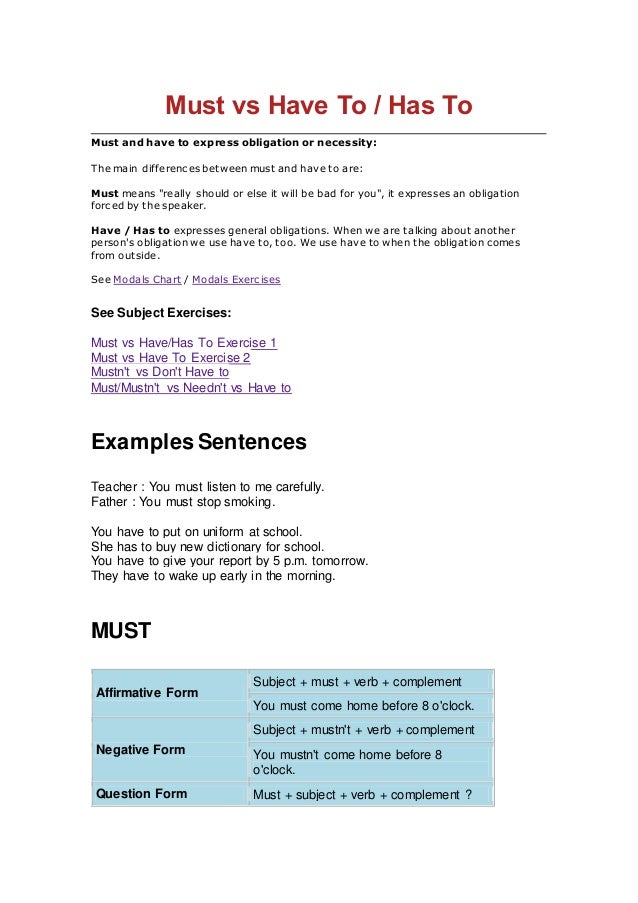
Must Vs Have To Grammar
Have To Must Should Difference のギャラリー

No More Mistakes With Modals 3 Easy Rules Youtube
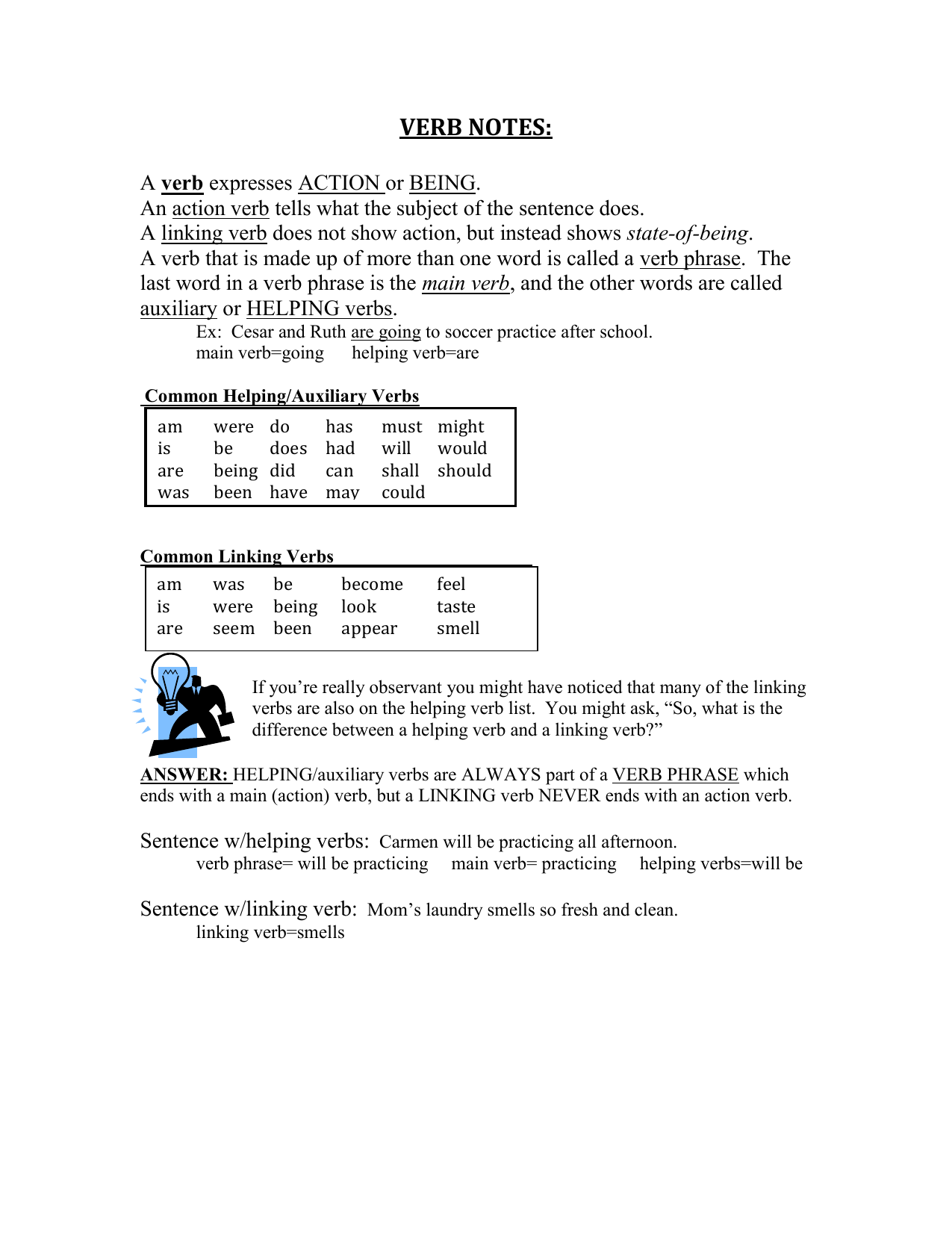
Linking Verb
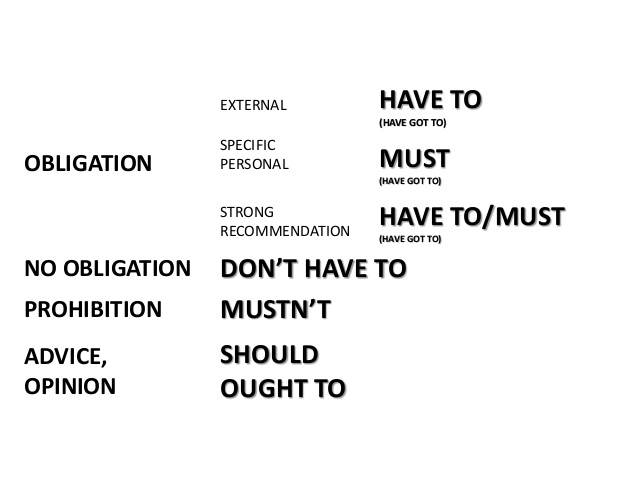
7a Advanced English Grammar Differences Between Must Have To Ought To Should Need Needn T Have

Must Have To Should Ought To
Q Tbn 3aand9gct B2bkywosggw0sog5vbdqa8sfjjxfkxmfx3 N3ixb3xzz0tx9 Usqp Cau
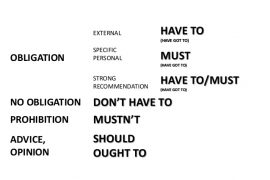
4a Advanced English Grammar Modal Verbs For Speculation Deduction Advanced English

Difference Between Helping And Linking Verbs Difference Between

Should Must Have To English Modal Verbs Part 3 Youtube

What S The Difference Couldyou Could Send Me An Shouldyou Should Send Me Na Dbetteryou D Better Send Me An Or I Ll Forget Suggest Ppt Download

The Difference Between What You Should Do And What You Must Do

Juana Moral S English Site Modal Verbs Iii Obligation Must Mustn T Have To Don T Have To Need To

Must And Should The Difference Between Must A Nojoto

High School Mascots Fighting For Inclusion In Indianola Iowa

Modal Verbs Should Must

Must Could May Might

What S The Difference Between A Payment Facilitator And A Marketplace

The Difference Between Modal Verbs In Deontic And Epistemic Modality Semantic Scholar

Modal Verb Wikipedia
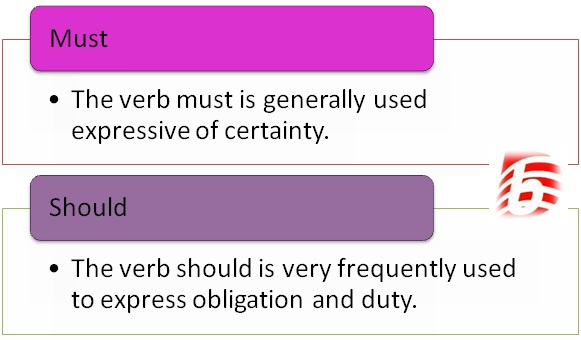
Difference Between May And Must Compare The Difference Between Similar Terms

The Difference Between Must Should Is The Life You Want And The Life You Have

The Debate Of Home Care Agency Or Private Hire
2

Tony Robbins Quote The Difference Between Must Should Is The Life You

Summary Oxford English 1 Chapter 6 9 10 13 21 Saxion Studocu
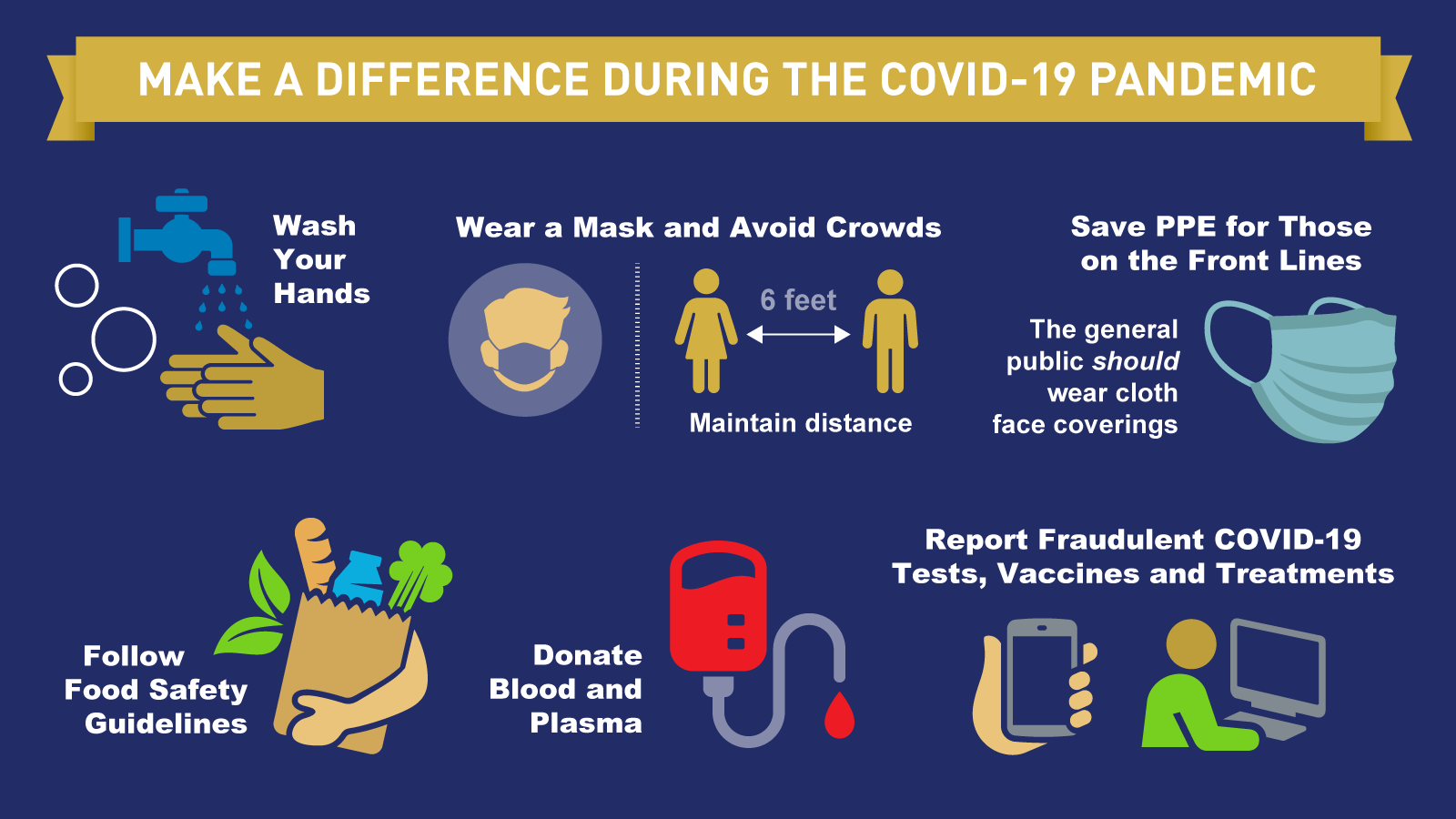
Help Stop The Spread Of Coronavirus And Protect Your Family Fda

Modal Verbs Should Must
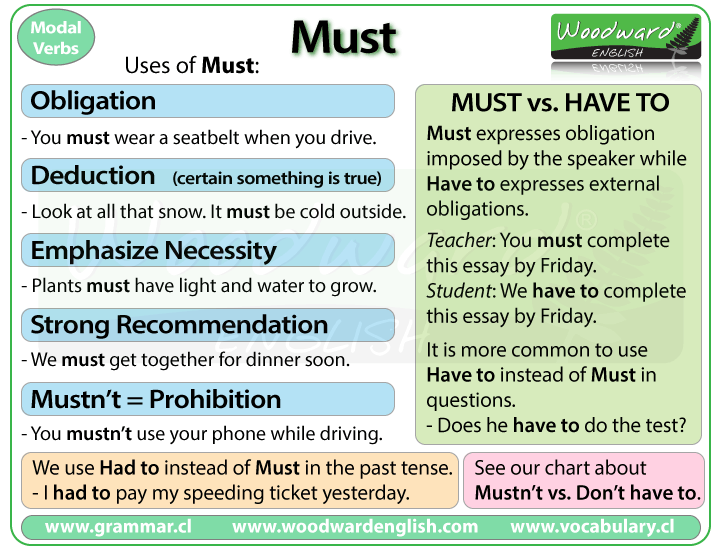
Must English Grammar

Can X2f Could X2f Be Able To Must X2f Can T X2f May X2f Might X2f Could Deduction Must X2f Have English Grammar English Verbs Learn English

The Literary Digest Real Canadaakencies In Other Principal Cities There Is A World Of Difference Between The Steady Strongpull Required On The Pump Or Blower And The Occasionalpowerful Thrust Which Operates
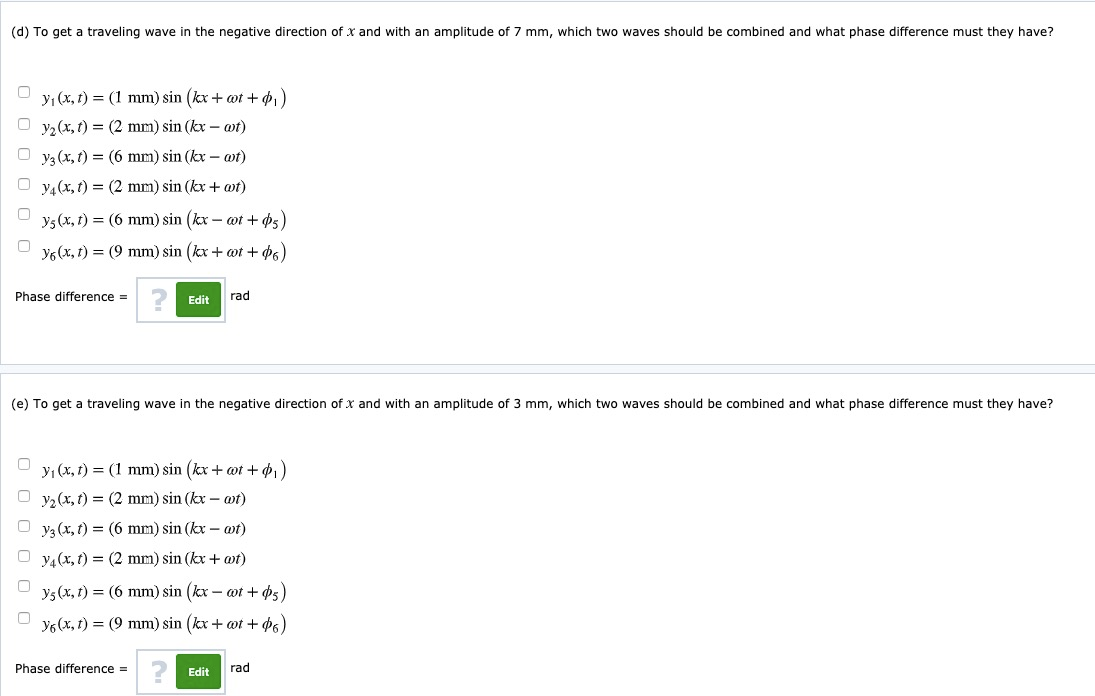
Solved Example 16 7 1 Game Wave Picking Here Are The Func Chegg Com

Reduction In Workforce Page 5 Purdue Policy Archive Purdue E Archives
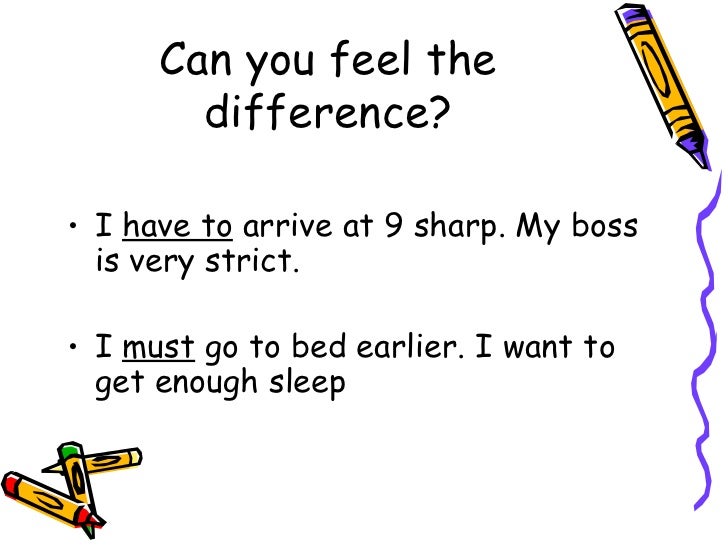
Have To Vs Must

Modal Verbs How To Use Must Have To And Should English Grammar Lesson Youtube
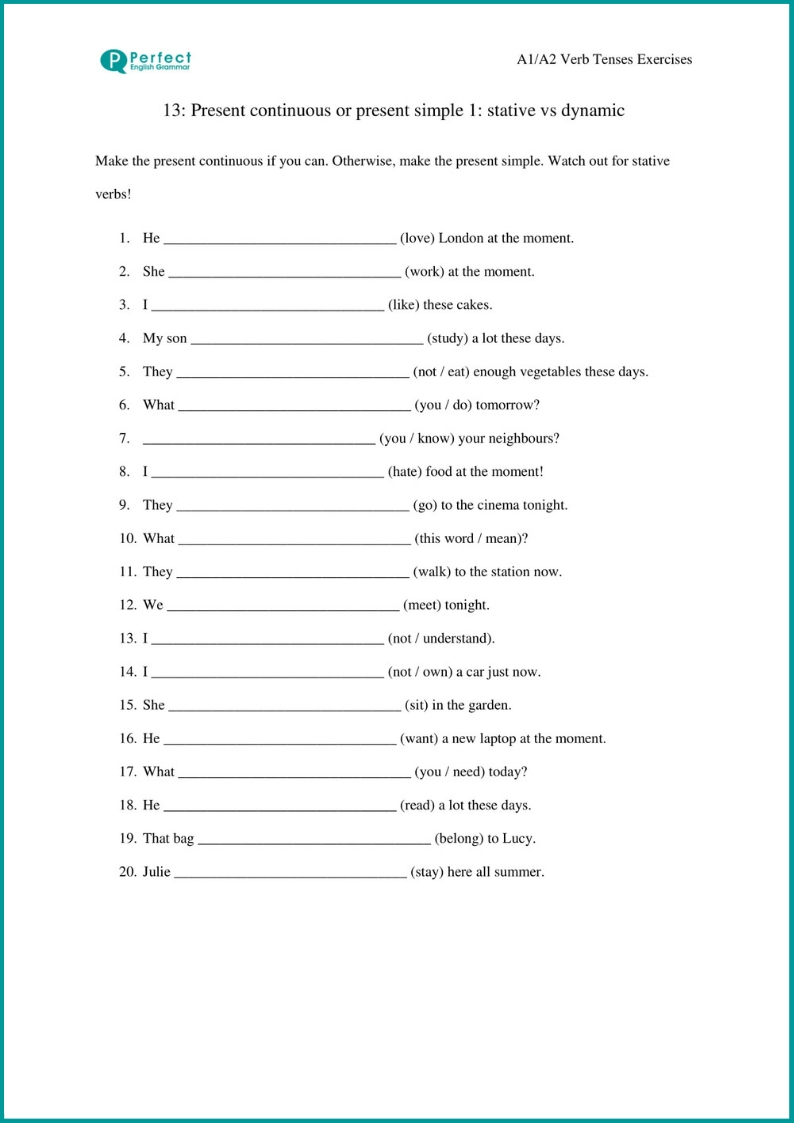
Could Have Should Have Would Have

5 Key Ux Differences Between B2b And B2c Websites Every Designer Should Know Invictus Studio Blog

Modals W Hich Are The Differences Between Modals And Verbs Verbsmodals Singular Plural S Es Ies He Plays We Play No Variation He Must Ppt Download

Have To Or Must Easy Grammar Quiz And Infographic World English Blog

Can Must Should English Esl Worksheets For Distance Learning And Physical Classrooms

Use Of Must May Can Could Have To Need To Has To Ea English

The Difference Between Must Should Is The Life You Want And The Life You Have Tony Robbins
1

The Use Of Modal Verbs Must Should Modal Verbs Of The English Language Get To Know And Learn To Use Modal Verb Need

Difference Between Have To Should And Must In Telugu Learn Spoken English Through Telugu Youtube

Wordpress Com Vs Wordpress Org Key Differences How To Pick

Since Someone Asked You The Difference Between Should And Must Now I D Like To Ask About The Usage If Have To And Must What S The Difference Ask Fm The Yuniversity
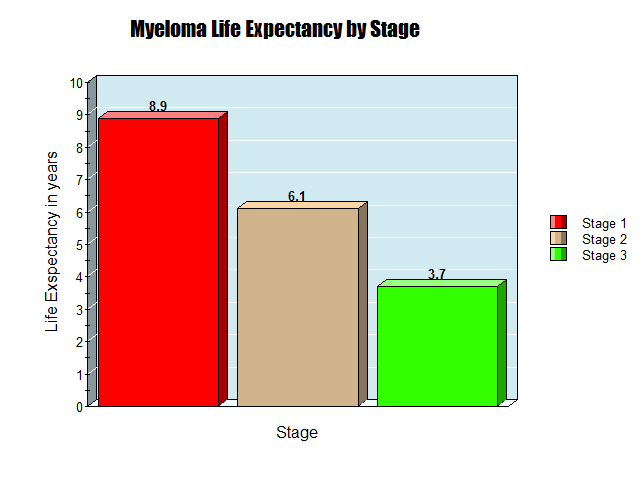
Our Approach To Myeloma Care Must Change To Have Change Something Must Change Multiple Myeloma Survival Rate Statistics By Hospital

Solved The Topic For This Discussion Is Explain The Maj Chegg Com
Q Tbn 3aand9gctznsybspyfxmkyd8r N8mi2lbq6hzhyhrnbzlsuzndvk6fsmu4 Usqp Cau

What Is The Difference Between Must Mustn T And Have To Don T Have To Must Mustn T Vs Have To Don T Have To Hinative
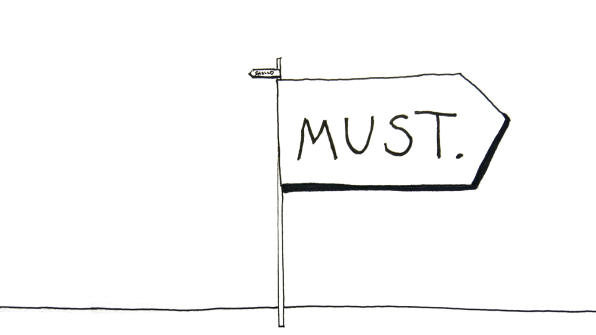
The Difference Between What You Should Do And What You Must Do

300 Best Modal Verbs Images In Verb English Grammar Learn English
Q Tbn 3aand9gctwlylrbb9anc7zwfmjhetfabrbebofrmqrsddopvutncwbf8ip Usqp Cau

Hiveql Vs Sql Querychat
/real-estate-broker-and-agent-1798869_FINAL-92591e735baa40edb6c929371be678dd.png)
Difference Between A Real Estate Broker And An Agent
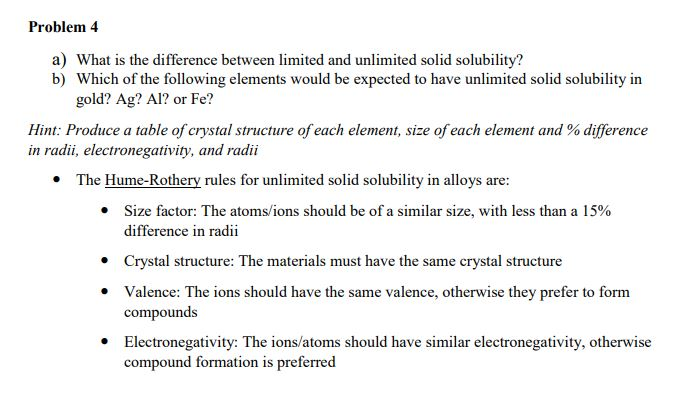
Solved Problem 4 A What Is The Difference Between Limite Chegg Com
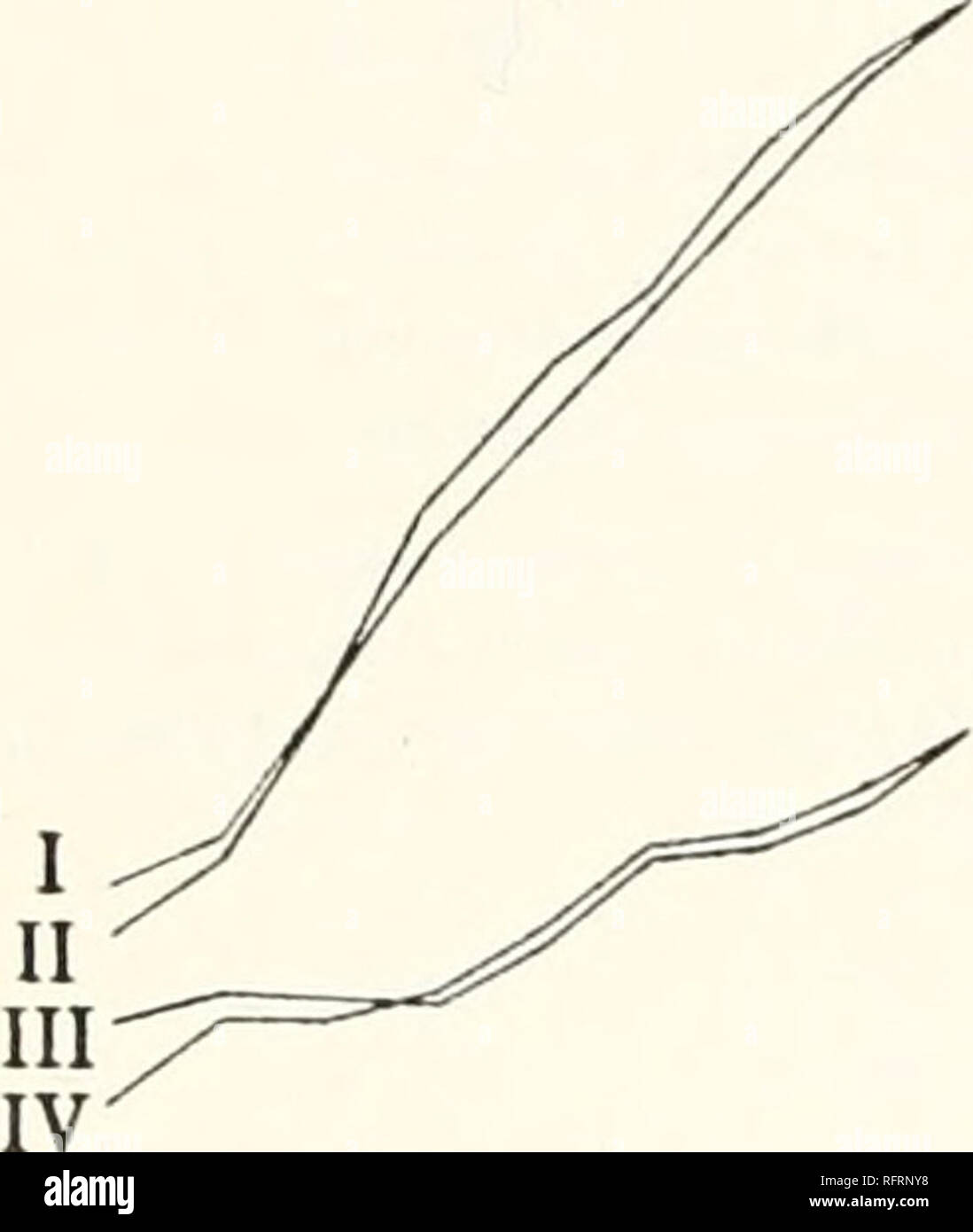
Carnegie Institution Of Washington Publication Work Op C M Stine 41 Ions To Show Itself In The Resulting Curve The Other Salt In The Mixture Must Have Hydrating Power And A
Year 6 Modal Verbs Bangkok Patana School

Should What Is The Difference Should Must And Have To Languages July

English Level Test Pdf Archives Ea English

Modals W Hich Are The Differences Between Modals And Verbs Verbsmodals Singular Plural S Es Ies He Plays We Play No Variation He Must Ppt Download

Answered The Damon Family Owns A Large Grape Bartleby

Differences Between English And Italian Docsity

Modal Verbs Part 3 Should Must Have To English Esl Worksheets For Distance Learning And Physical Classrooms

The Difference Between What You Should Do And What You Must Do

Modal Verbs Should Must

These Free Colorful Posters Will Help Your Students Remember The Difference Between The Three Types Of Verbs Acti Types Of Verbs Helping Verbs Teaching Verbs

Use Of Must May Can Could Have To Need To Has To Ea English

The Difference Between Must Amp Should Is The Life You Want And The Storemypic

15 Essential Nursing Skills All New Nurses Must Have Nurse Money Talk
English Modal Verbs Wikipedia

Data Scientist Vs Business Analyst Top 5 Awesome Differences To Learn

Lesson 31 Know The Difference Should Have To Must Youtube

Must Musn T Have To Lesson Plan English Esl Worksheets For Distance Learning And Physical Classrooms
2

The Difference Between Must Should Is The Life You Want And The Life You Have Tony Robbins

Learn The Difference Between Must And Na English Language And Computer Center Facebook

Difference Between Should Ought To And Must With Example And Comparison Chart Key Differences

最新のhdhave To Must Should Difference

Modals And Semi Modals Modal Verbs What Are They Can Could May Might Must Should Will Shall Would Ought To Have To Have Got To We Use Modal Verbs Ppt Download

In Plain English Should Must Or Have To

Difference Between Have To And Must Difference Between
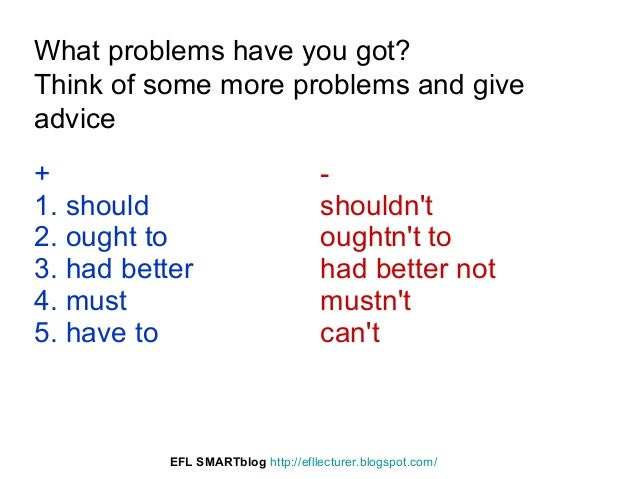
Advice Should Ought To Had Better Must Have To Cant

The Difference Between Must Should Is The Life You Want And The Life You Have Tony Robbins

Gmo Feeding Studies Biology Fortified Inc

The Yuniversity The Yuniversity Likes Askfm
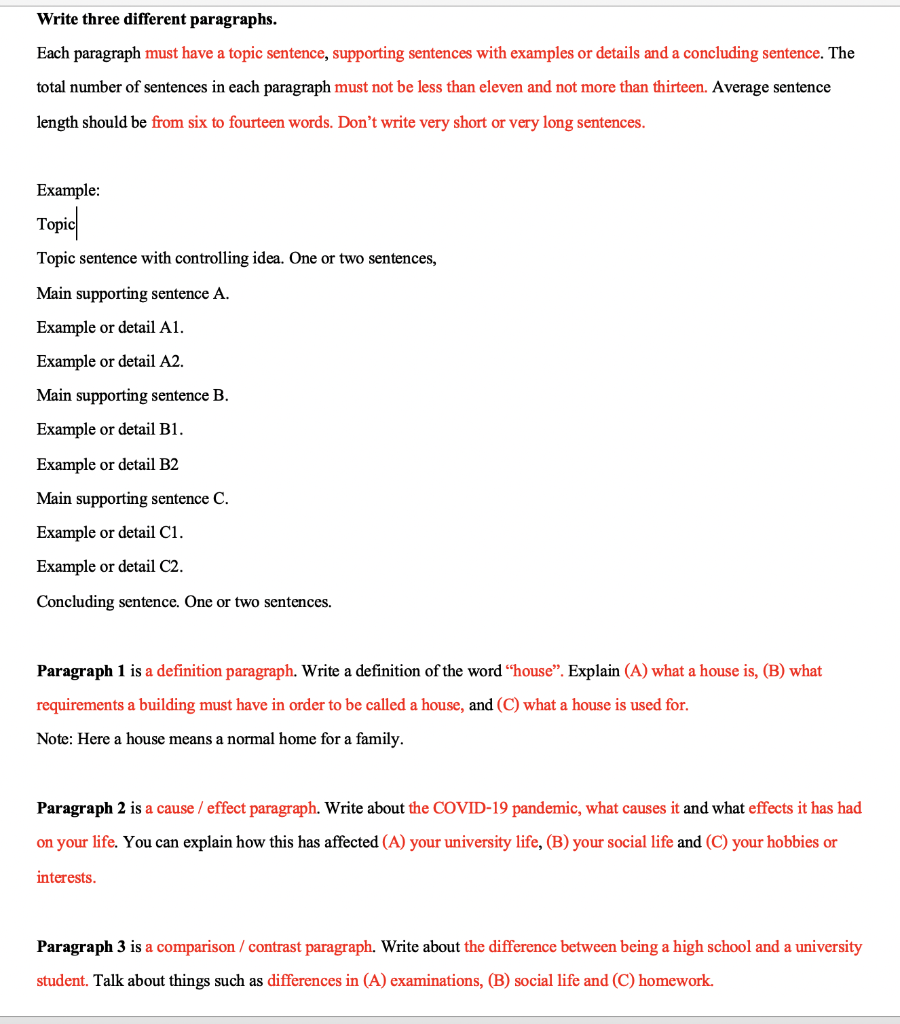
Solved Write Three Different Paragraphs Each Paragraph M Chegg Com

Top 10 Ideas About Education And Science Uses Of Modal Verbs Must Have To And Should Series 1 Pieterse Jj Amazon Com Books

Difference Between Should Ought And Must My Rosetta Stone
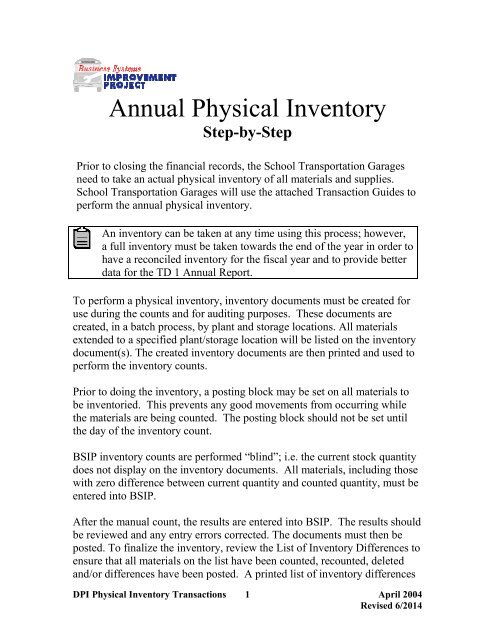
Annual Physical Inventory Nc School Bus Safety Web

Instructions Nu Engels Unit Ppt Download

Unfolding Mysteries A Game To Practise Modals Of Deduction Teachinggamesefl Com By Mike Astbury

Must Have To Need To Should Difference Best Way To Learn In Hindi You Genius Youtube

The Difference Between Must And Should Is The Life You Want And Picture Quotes
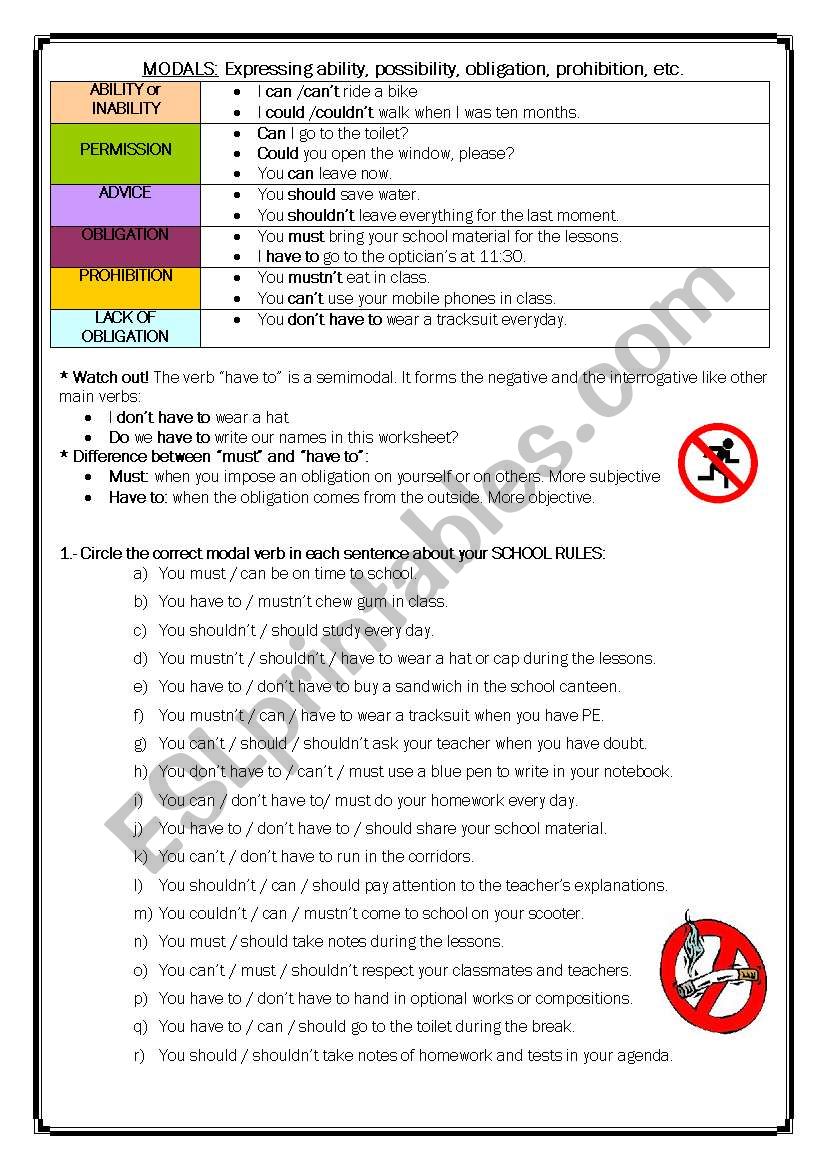
Modals Can Could Must Should Have To Esl Worksheet By Mayca80

Differences Between English And Italian Inglese Studocu

The Difference Had Better Vs Have To Must Should English Modals

Went Vs Gone Learn The Difference In Under A Minute Grammarly
What Are Modal Verbs Quora
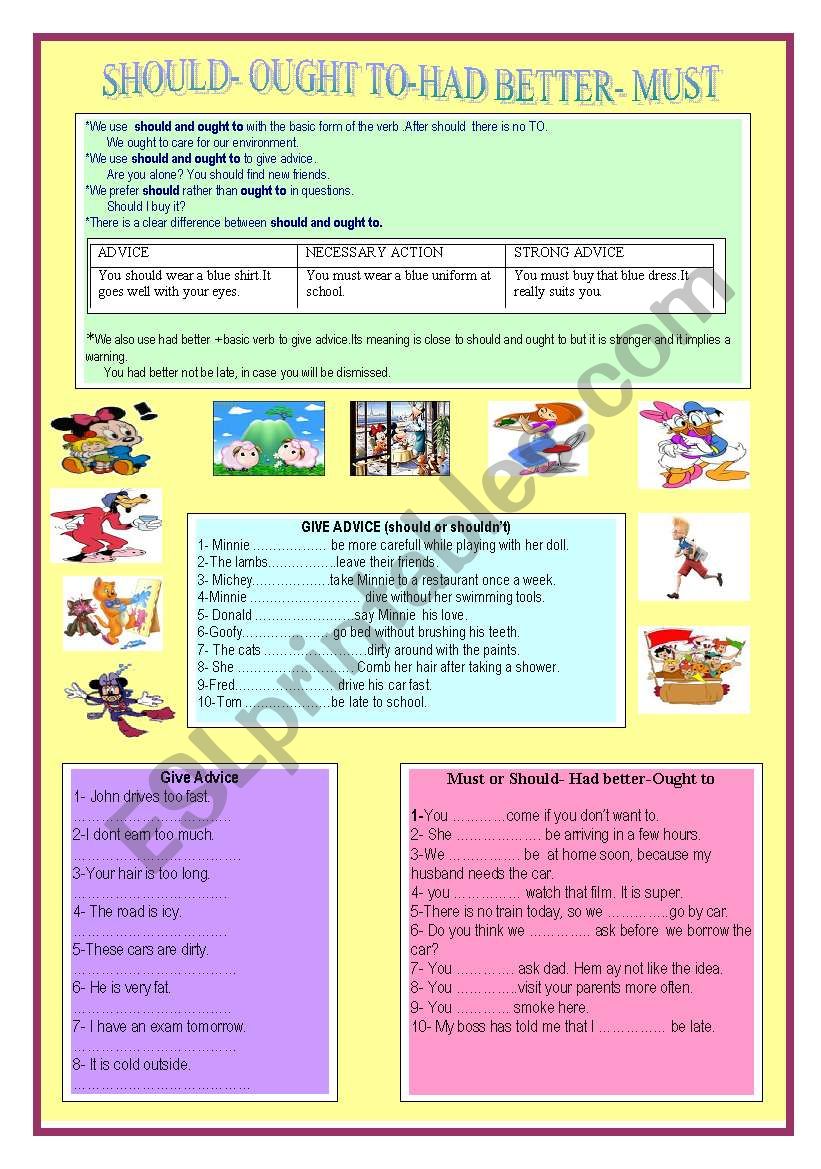
Should Must Had Better Ought To Esl Worksheet By Serap2
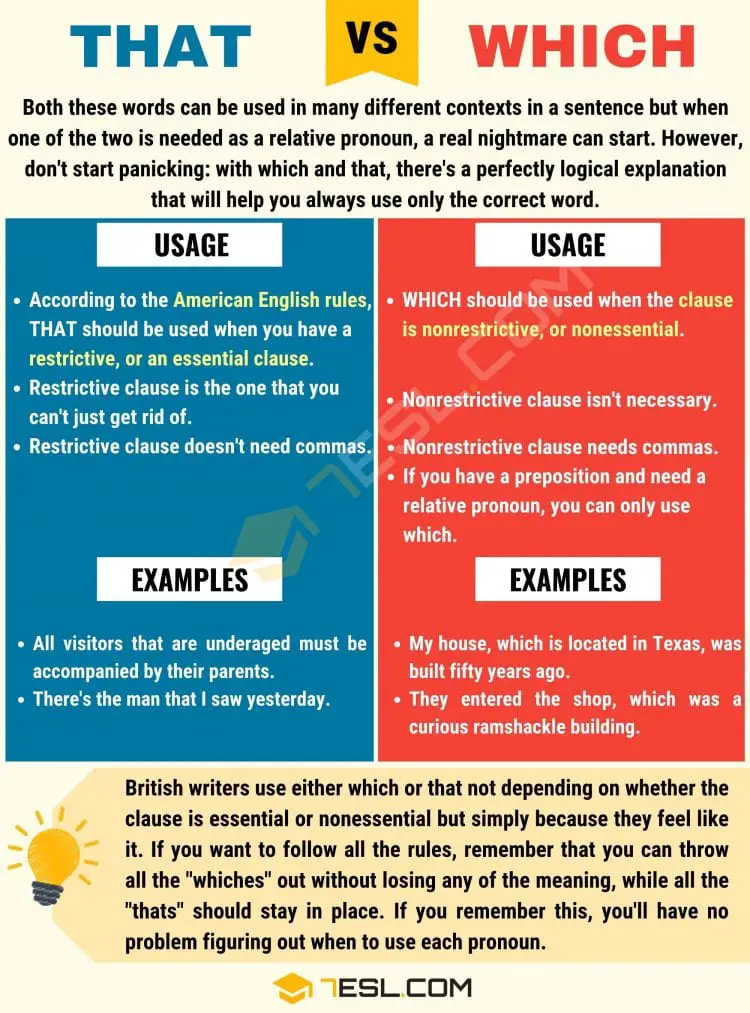
Which Vs That Is There A Difference Between Which And That

Juana Moral S English Site Modal Verbs Iii Obligation Must Mustn T Have To Don T Have To Need To




